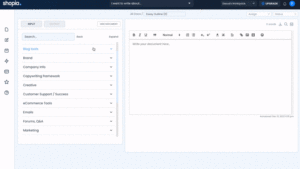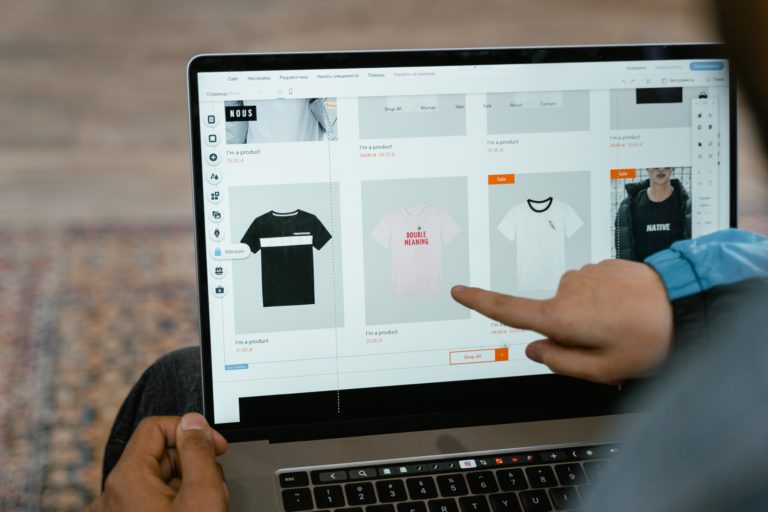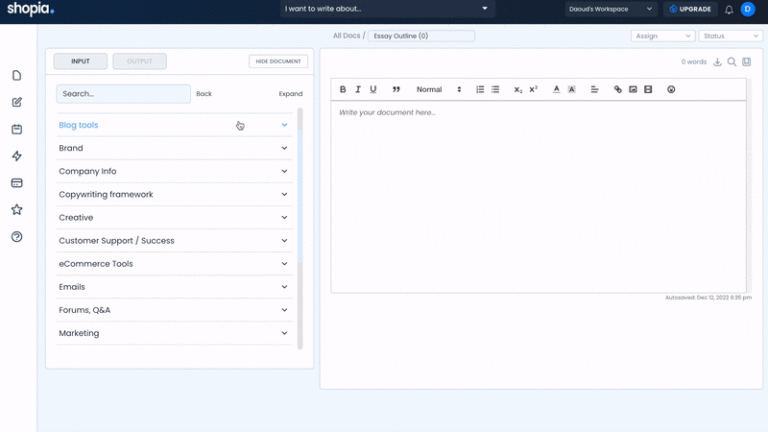Image credits: Mikhail Nilov
Ecommerce personalization is a technology that uses customer data to create a unique shopping experience for each individual. This technology can be used to tailor the products that are shown to customers, as well as the way in which these products are presented.
Ecommerce personalization can be used to improve the customer experience by making it more relevant and tailored to their needs. It can also help to increase sales by providing customers with a more targeted selection of products.
Businesses that use ecommerce personalization can benefit from increased customer loyalty, as well as increased sales and revenue.
What Are The Benefits Of Personalization?
There are a number of benefits to be had from ecommerce personalization, both for consumers and businesses. Let’s take a look at some of the key benefits:
1. Increased Customer Engagement
When customers feel that a business has taken the time to understand their individual needs and preferences, they are more likely to engage with that business. Personalization helps to create a more personal connection between customer and business, which can lead to increased loyalty and customer spending.
2. Greater Customer Retention
The increased customer engagement that comes with personalization can also lead to increased customer retention rates. When customers feel that they are being catered to specifically, they are less likely to shop elsewhere. This leads to increased profits for businesses in the long run.
3. Improved Customer Satisfaction
Personalization also leads to improved customer satisfaction rates. When customers feel that they are being treated as individuals, they are more likely to be happy with the service they receive. This can lead to increased word-of-mouth marketing and improved customer referral rates.
Types Of Personalization
There are three main types of ecommerce personalization:
1. Personalized recommendations
This is the most common type of personalization. It uses customer data to recommend products that the customer is likely to be interested in. This can be based on past purchases, website behaviour, or demographic information.
2. Customised product pages
This type of personalization allows customers to customise the products they are interested in. They can choose the colour, size, and other features of the product.
3. Customised checkout
With this type of personalization, customers are given the option to enter their delivery and payment details during the checkout process. This makes the process faster and easier for them.
Types Of Data Used For Personalization
There are a number of different types of data that can be used for ecommerce personalization. Some of the most common include:
1. Demographics data: This type of data includes information such as age, gender, location, and income.
2. Behavioral data: This data is collected by tracking customers’ online behavior, including the websites they visit, the products they click on, and the items they add to their carts.
3. Psychographic data: This data measures customers’ personality traits, interests, and values.
4. Social media data: This data includes information about customers’ social media activity, such as the people they follow, the brands they interact with, and the content they share.
5. purchase history data: This data includes information about the products and services customers have bought in the past.
How To Personalize Your Ecommerce Store
If you’re an online retailer, then you know that keeping your customers happy is essential to your success. And one of the best ways to keep your customers happy is to personalize their shopping experience.
But what is ecommerce personalization, and how can you use it to customise your store?
In a nutshell, ecommerce personalization is the process of using customer data to create a unique shopping experience for each individual. This can be done by using information such as the customer’s name, location, purchase history, or any other data that is relevant to them.
By using ecommerce personalization, you can create a more personalized shopping experience for your customers, which can lead to increased sales and customer loyalty.
Examples Of Personalization In Ecommerce
There are many different examples of ecommerce personalization, but some of the most common include:
1. Displaying recommended products
When you are browsing a website, recommended products are often displayed on the page. This is a form of personalization, as the products are chosen based on your previous browsing history and interests.
2. Displaying targeted ads
Another common form of personalization is targeted advertising. This is where ads are displayed on a website based on your interests and demographics. For example, if you are a woman aged 25-34, you may see ads for cosmetics, fashion, and home decor products.
3. Personalized product recommendations
Many ecommerce websites also offer personalized product recommendations. This is where you are shown products that are tailored to your specific needs and interests. For example, you might be shown products that are recommended for your age, gender, location, or interests.
Implementation Of Personalization
There are a few ways that ecommerce personalization can be implemented. The most common approach is to use cookies to track customers’ browsing behaviour and then use this data to personalize the next page they see. However, other methods such as using customer data gathered from surveys or social media can also be used.
Once personalization has been implemented, the next step is to create rules that dictate how the personalization should work. For example, a retailer might want to show different products to customers based on their location, age, or gender.
The benefits of ecommerce personalization are numerous. For customers, the main benefit is that it makes shopping easier and more convenient.









